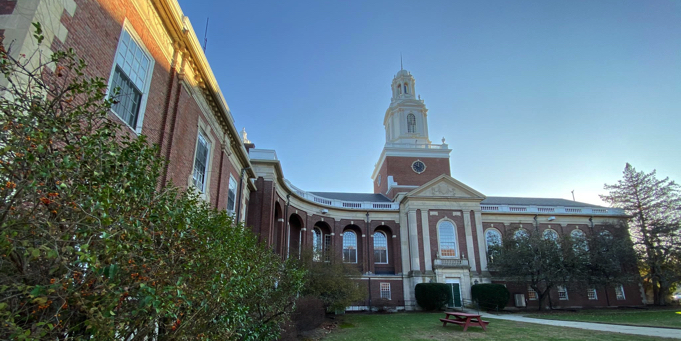This week’s heat wave is yet another reminder about how our changing climate is impacting pretty much everything.
That goes for all the floods, droughts, wildfires, hurricanes and other devastating weather events happening globally with increasing frequency.
It’s overwhelming, right?
So is the feeling that any steps we might take in our small corner of our small state won’t make any difference unless more of the state and more of the nation — along with China, India, Russia and other countries — do much more.
Still, this week the Newton City Council took one of the only steps it could towards phasing out the use of fossil fuels.
By a 20-1 vote the council passed an ordinance requiring that all new construction and major renovations be all-electric, effective Jan. 1, 2025.
It’s part of a state pilot program that allows ten communities to test all-electric ordinances, with exemptions for research labs, hospitals, medical offices, freestanding outdoor cooking and emergency generators.
Gas cooking in restaurants will likely qualify as exempt too, according to Ann Berwick, the city’s director of sustainably. But if we’re being realistic, there will be a day when restaurants will need to be all-electric too.
Councilors granted a one-year indoor gas cooking extension (until Jan. 1. 2026) for all properties for major renovations only. But even those projects must include the electric infrastructure to allow for future indoor electric cooking.
At the chamber’s request, there’s also a waiver for circumstances in which electrification will increase the costs of a project by 50% percent or more, compared to the costs of complying only with the requirements of the city’s specialized stretch code; and a waiver provision for instances in which sufficient electrical service is unavailable at the location. We appreciate that the Fuller administration took the time to meet with the chamber and listen to many businesses before crafting the regulation.
Ultimately we supported the ordinance, even though we recognize this is going to be challenging for some property owners and businesses, particularly with renovations.
We also know that the region’s electric grid is nowhere near ready for increased demand (although, see below) and our utility companies can be maddening to work with.
But we have to start somewhere.
Then again, we’re talking about Newton…
Even as the Newton City Council voted 20-1 in support of the new electrification ordinance after years of deliberations, this may not be the end of this saga.
Some of the same folks behind the “Save Our Villages” effort to undo multi-family zoning and to unseat growth-friendly councilors are vowing to overturn the ordinance via referendum.
So stay tuned.
…And a positive note about the grid
It’s appropriate to be alarmed that our region can’t accommodate added electric demand; or that individual properties may not be able to handle or afford needed service upgrades; or that utility companies aren’t capable of providing timely upgrades and service.
But it’s encouraging to read Sabrina Shankman’s story in the Globe detailing that even as electricity demand soared during this week’s heat wave, the region’s power grid “has hummed along uneventfully, backed in part by a relatively new source of energy: thousands of solar panels on rooftops, over parking lots, and along highways.”
“It’s not just helping make the grid more reliable, experts said, but proving that non-fossil fuel generated power is finally playing a significant role in the operation of the regional power grid, with even more due to come online from major wind farms and other large-scale resources under development,” Shankman added.



Recently on Twitter